Understanding DC Brushless Motor Controllers
A DC brushless motor controller is an essential component in the realm of electronic devices, playing a pivotal role in managing the performance of brushless motors. These controllers facilitate the precise manipulation of motor speed and torque, ensuring that the motor operates efficiently and effectively in various applications.
Types and Applications
There are diverse types of controllers tailored to specific applications, ranging from industrial machinery to personal electronic devices. For instance, a brushless DC motor speed controller is integral in applications requiring variable speed control, while a brushless motor ESC (Electronic Speed Controller) is commonly used in automotive and aerospace industries for more refined speed adjustments.
Features and Materials
A brushless DC motor driver comes with an array of features designed to cater to advanced applications. These include programmable settings, thermal management, and efficient power regulation. The materials used in these controllers are selected for durability and conductivity, ensuring they can withstand the demands of the motor and application.
Advantages of Brushless Motor Controllers
The advantages of using a brushless motor controller are manifold. They offer enhanced efficiency, reduced noise, and longer lifespan compared to their brushed counterparts. This is due to the absence of brushes that can wear out or cause electrical noise. Additionally, a high torque brushless DC motor controller can deliver consistent torque across a wide range of speeds.
Selecting the Right Controller
When choosing a DC brushless motor controller, it is crucial to match the controller's specifications with the motor's requirements. Factors such as voltage, current, and power ratings are key considerations to ensure seamless integration and optimal performance.
Integration with Systems
Integrating a brushless DC motor controller circuit into a system requires understanding the technical specifications and ensuring compatibility with the motor. Controllers designed for specific applications, like those used in e-bikes or hydroponic systems, are engineered to meet the unique demands of these environments.
















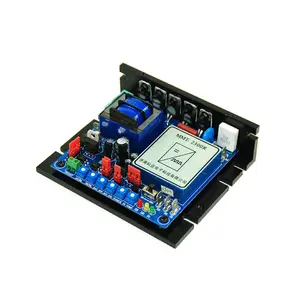
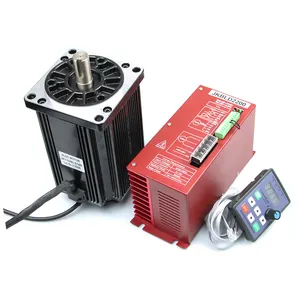


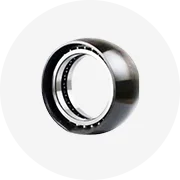

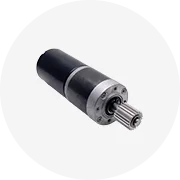


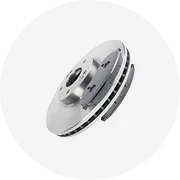










 浙公网安备 33010002000092号
浙公网安备 33010002000092号 浙B2-20120091-4
浙B2-20120091-4